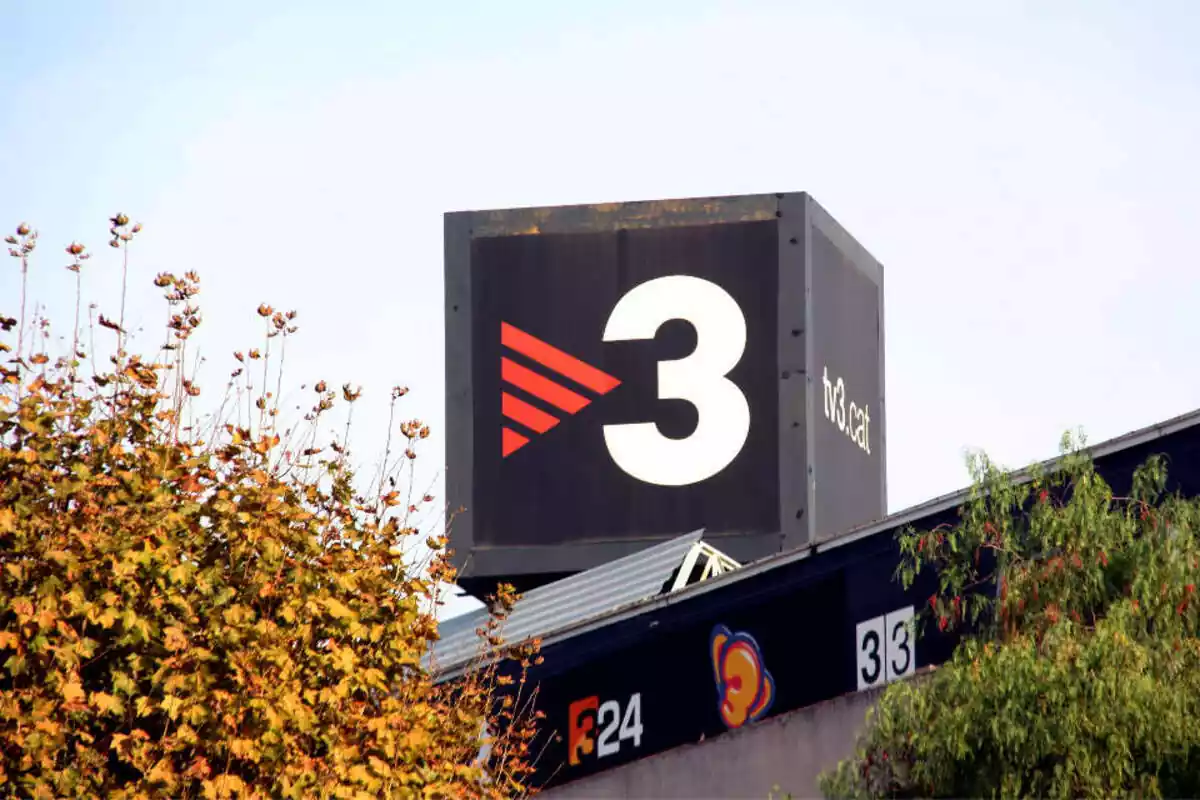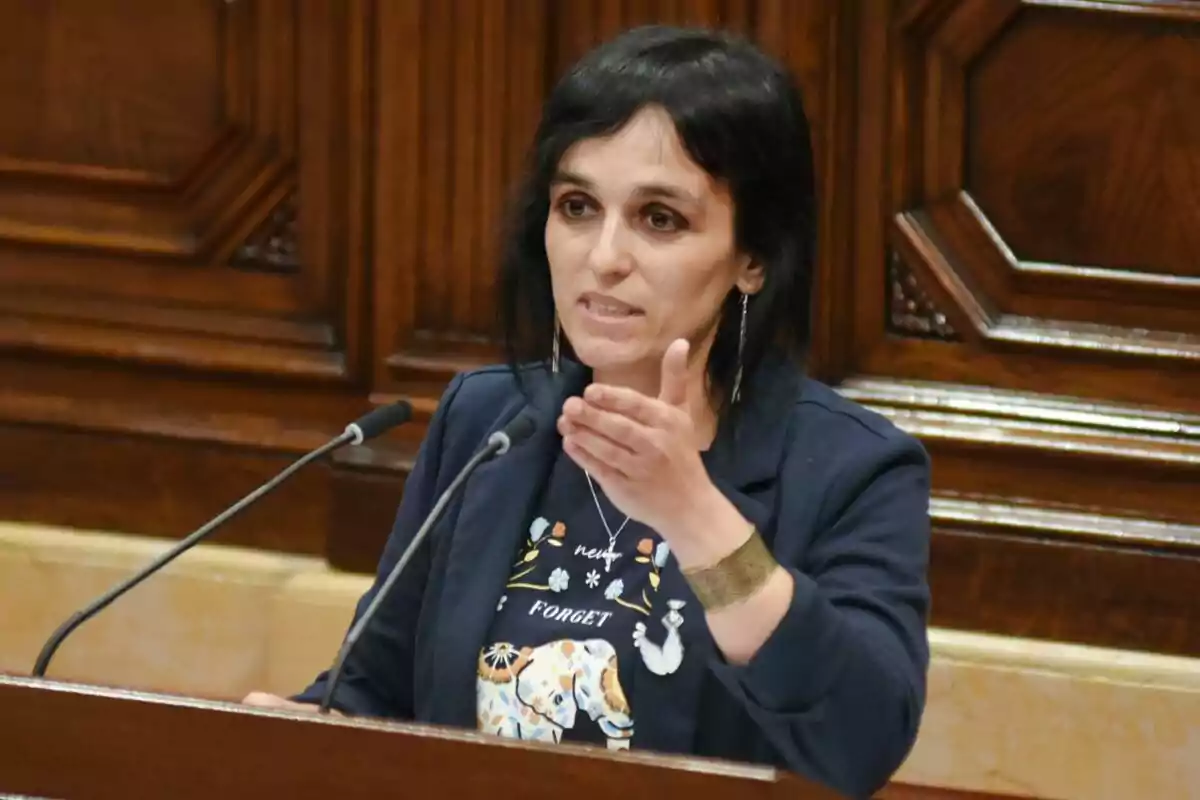
The Generalitat admits that TV3 marginalizes Vox and Aliança Catalana
The latest CAC report reflects the lack of political pluralism in Catalan public media
Parties like Vox and Aliança Catalana have long been denouncing the violation of the basic principles of public audiovisual service in Catalonia. They criticize that it violates the basic assumptions of political pluralism and neutrality. The little or no presence of these parties, in addition to their stigmatization, contrasts with the overrepresentation of other parties and ideologies.

The Consell de l’Audiovisual de Catalunya (CAC) has just acknowledged it in its latest report. This is an independent body that ensures the proper functioning of both public and private media.
This Monday, it published the report on political pluralism, and it doesn't reflect well on TV3.
Hardly any presence
The television funded by all Catalans marginalized Vox and Aliança Catalana in 2024. Their scarce presence contrasts with the maximum representation obtained by PP, followed, in this order, by ERC, PSC/PSOE, and Junts.
A trend also followed by Catalunya Ràdio, which gave special preference to ERC followed by Junts, PSC/PSOE, and PP. Both Vox and Aliança Catalana were ignored by the Catalan public media.
This is an anomaly considering that both Vox and Aliança Catalana have representation in the Parliament. The media's exclusionary approach prevents their voters from having the same right to information as the voters of other parties. Additionally, it results in unfair competition among political formations.
This anomaly is more glaring in the case of Aliança Catalana, whose leader, now a deputy, has never been interviewed by TV3 or Catalunya Ràdio. The management cited criteria such as newsworthiness. The few times the party appears on television, it is with negative connotations.
Stigmatization and ideological bias
Where both Vox and AC have had more presence is on RTVE, in programs like El Cafè d'Idees. However, the situation doesn't improve much. According to the CAC report, PP is the party with the most presence followed by PSC/PSOE, Junts, and ERC.
RAC1 has been another medium criticized for its ideological bias. In this case, PP leads the ranking of parties with the most presence, followed by ERC, PSC/PSOE, and Junts. This is one of the most subsidized media outlets in Catalonia.

The CAC report confirms that public and subsidized media are a transmission belt of power. Not only because of the overrepresentation of some parties but also because of their ideological bias.
TV3 and Catalunya Ràdio, as well as RAC1, have ignored the issue of insecurity despite it being one of the main concerns of Catalans. Instead, they have given as much attention as possible to issues like housing. TV3 and RAC1 have been mouthpieces for theories such as insecurity being mere perceptions.
They also tend to characterize Vox and AC with labels like "ultra," "far-right," and "xenophobia." This has increased the disaffection of many Catalans toward what was once a symbol of Catalan identity like TV3.
More posts: